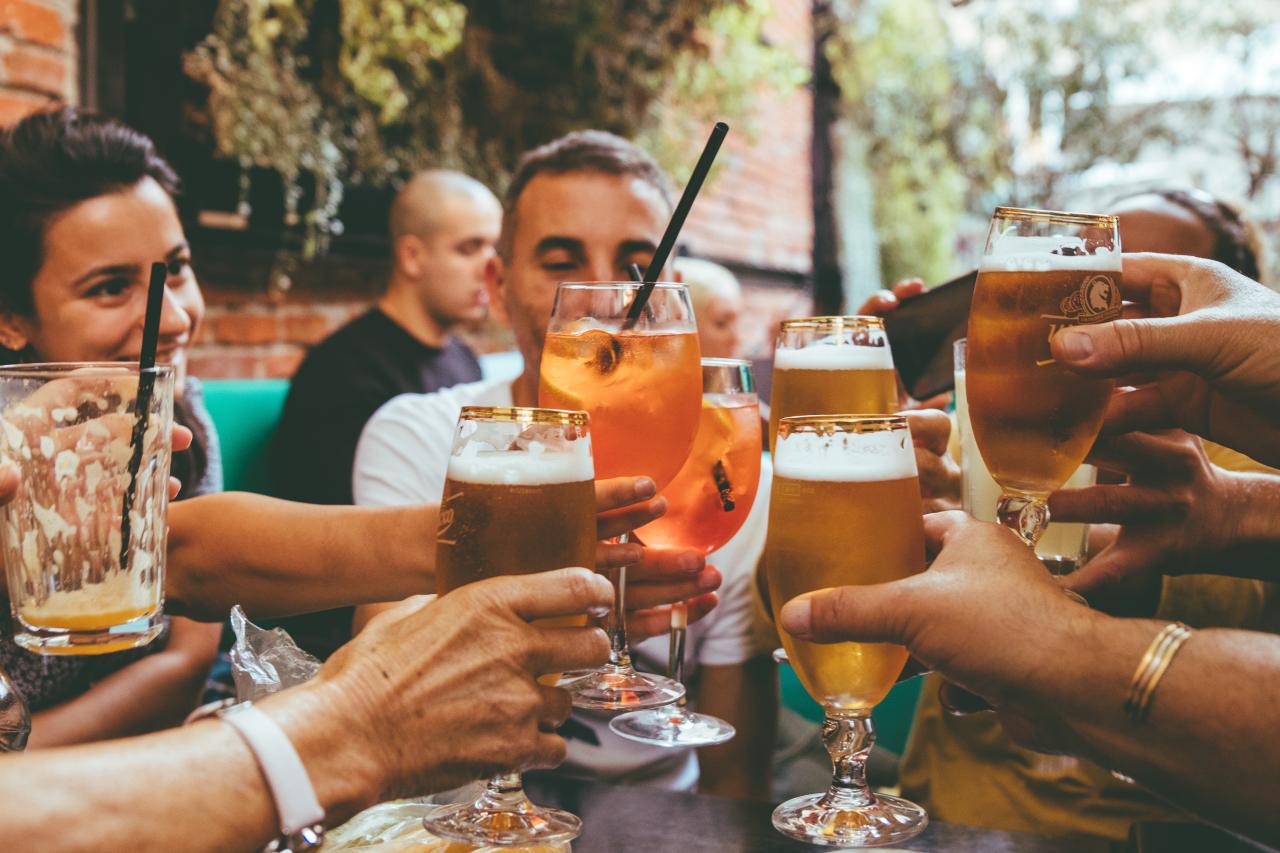This common drink could increase your risk of cancer, and it's not that surprising

Consuming this drink does not mean you will definitely get cancer, although it increases your risk.
Alcohol consumption is linked to many varying degrees of health conditions. Knowing that alcohol increases your risk of getting cancer may just be the encouragement you need to reduce your consumption of it.
Discover our latest podcast
Alcohol as carcinogenic
Granted that there are certain risk factors outside your control such as genetics and age, there are some external factors that you could change to reduce risk. Scores of research in the past have shown alcohol to be a human carcinogen, according to the National Cancer Institute. Some types of cancer linked to alcohol consumption include neck and head cancer, oral, breast, liver and colorectal cancers. The NCI says on its website:
More under this adMore under this adThe evidence indicates that the more alcohol a person drinks—particularly the more alcohol a person drinks regularly over time—the higher his or her risk of developing an alcohol-associated cancer.
The article further states even small to moderate amount of alcohol a day increases risk of some of these cancers.

Damage caused by alcohol
Cancer Research UK outlines some of the specific ways that drinking alcohol makes you more susceptible to getting cancer. Firstly, your body turns alcohol into a chemical called acetaldehyde which can damage your cells.
The research institute also explains that the beverage can increase the levels of certain hormones in the body such as oestrogen and insulin. It can also negatively alter the cells in your mouth and throat making it easier for cancer-causing substances to enter the cell and damage it.
More under this adMore under this adAccording to Cancer Research UK, the risk of getting cancer is increased regardless of the type of alcohol you drink.
There’s plenty of tricks that people claim ‘cure’ hangovers and reverse damage from alcohol. But even if they work for your hangover, they don’t cancel out the damage from drinking alcohol.
Sources used:
Cancer Research UK: Does alcohol cause cancer?
National Cancer Institute: Alcohol and Cancer Risk